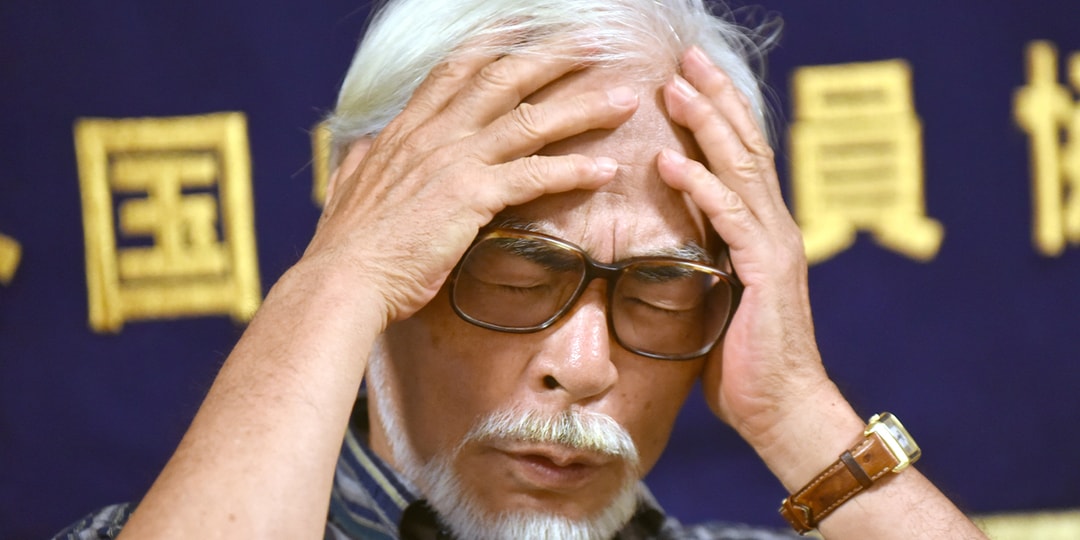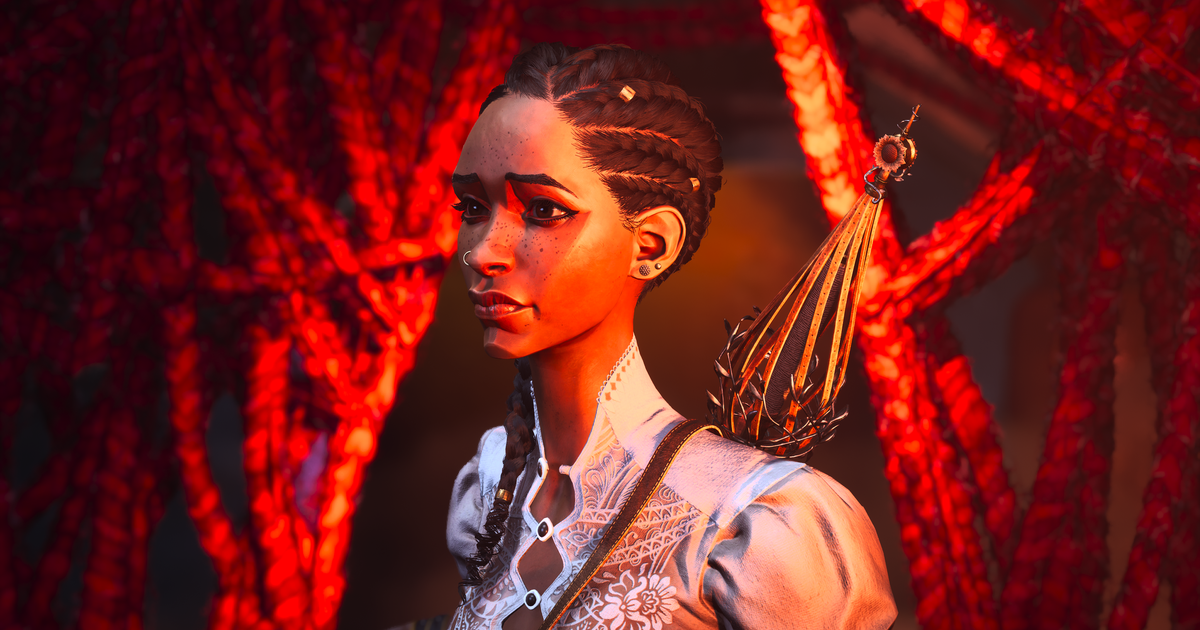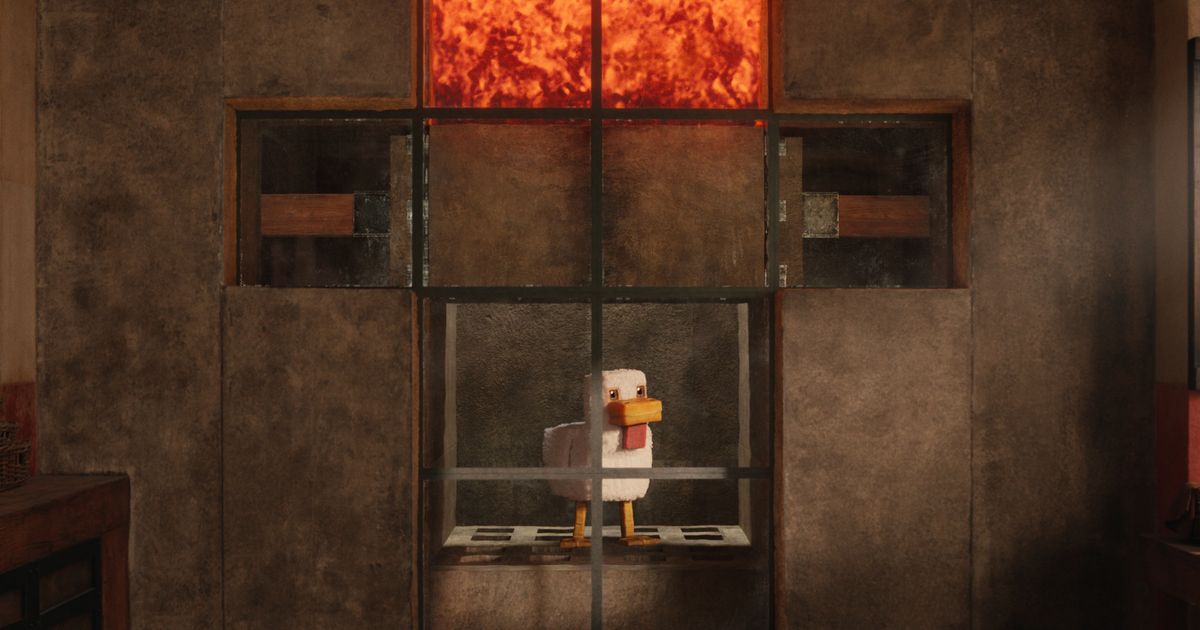Japanese Lawmakers Consider Legislation Against AI-Generated Studio Ghibli-Style Images

In recent weeks, AI-generated images mimicking the iconic style of Studio Ghibli have captured the fascination of internet users worldwide. However, this surge in popularity has prompted Japanese lawmakers to deliberate on the potential legality of such creations. The discussion has sparked significant debate within the animation industry, raising questions about copyright and intellectual property rights.
Studio Ghibli, renowned for its enchanting animation and storytelling, holds a cherished place in Japans cultural identity. The unique aesthetic and emotional depth of its films have garnered a global fanbase. As AI tools like ChatGPT have begun to generate images that closely resemble this beloved style, concerns have emerged regarding the ethical and legal implications of these creations, often referred to as the Ghiblification of digital art.
During a recent committee meeting, Japanese lawmakers voiced their opinions on this pressing matter. Masato Imai, a member of the Constitutional Democratic Party, initiated a dialogue on whether AI-generated images in the Ghibli style could infringe on copyright laws. His inquiry led to a discussion with Hirohika Nakahara regarding the nuances of intellectual property law in this context. Imai raised a pivotal question: There has been discussion of whether the so-called Ghiblification constitutes copyright violation. Under the current interpretation of the law, just how legal is it?
Nakahara, responding to Imais query, emphasized the complexity of the issue, stating, Ultimately, that is something for courts to decide. If it is only a matter of the style or ideas being similar, then it would not be considered copyright infringement. However, if AI-generated content is found to closely resemble or rely on preexisting copyrighted works, then there exists a possibility that it could be deemed copyright infringement. This nuanced interpretation indicates that while borrowing stylistic elements may be permissible, the challenge arises when images blur the lines between homage and direct imitation of the Ghibli brand.
Imai further clarified, So the use of styles and ideas is legal, but if [an AI-generated image] were recognized as being Ghibli itself, then that would be a violation of law. This comment underscores the delicate balance lawmakers must navigate as they consider potential regulations on AI-generated content. The discourse reflects a broader trend as creative industries grapple with the implications of AI technology on traditional art forms and intellectual property.
As of now, there is no immediate legal action being pursued against AI platforms like ChatGPT by the Japanese government regarding the creation of Ghibli-style images. However, the conversation is ongoing as lawmakers and industry professionals alike ponder the implications of AI in the realm of creative expression.

















